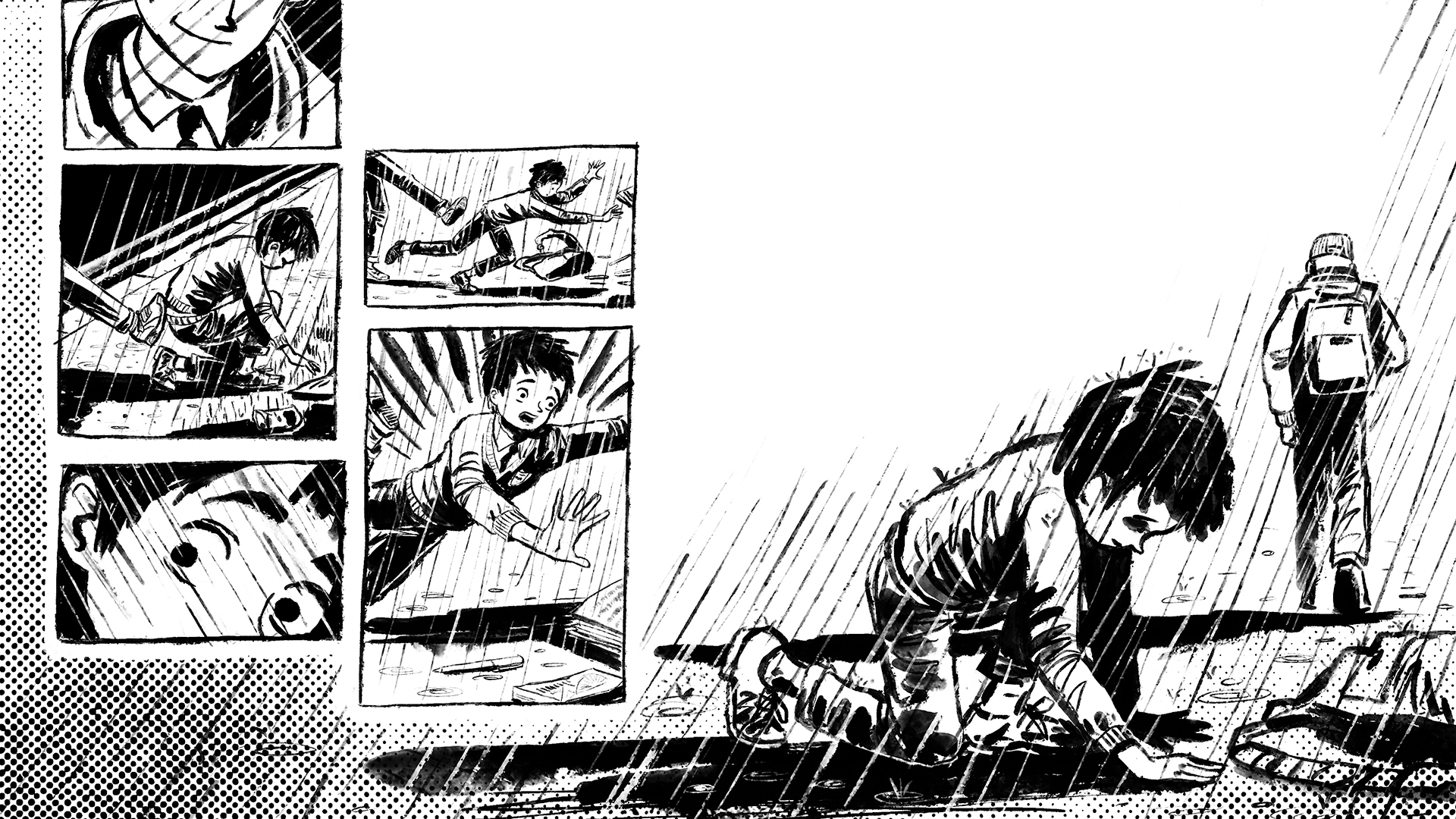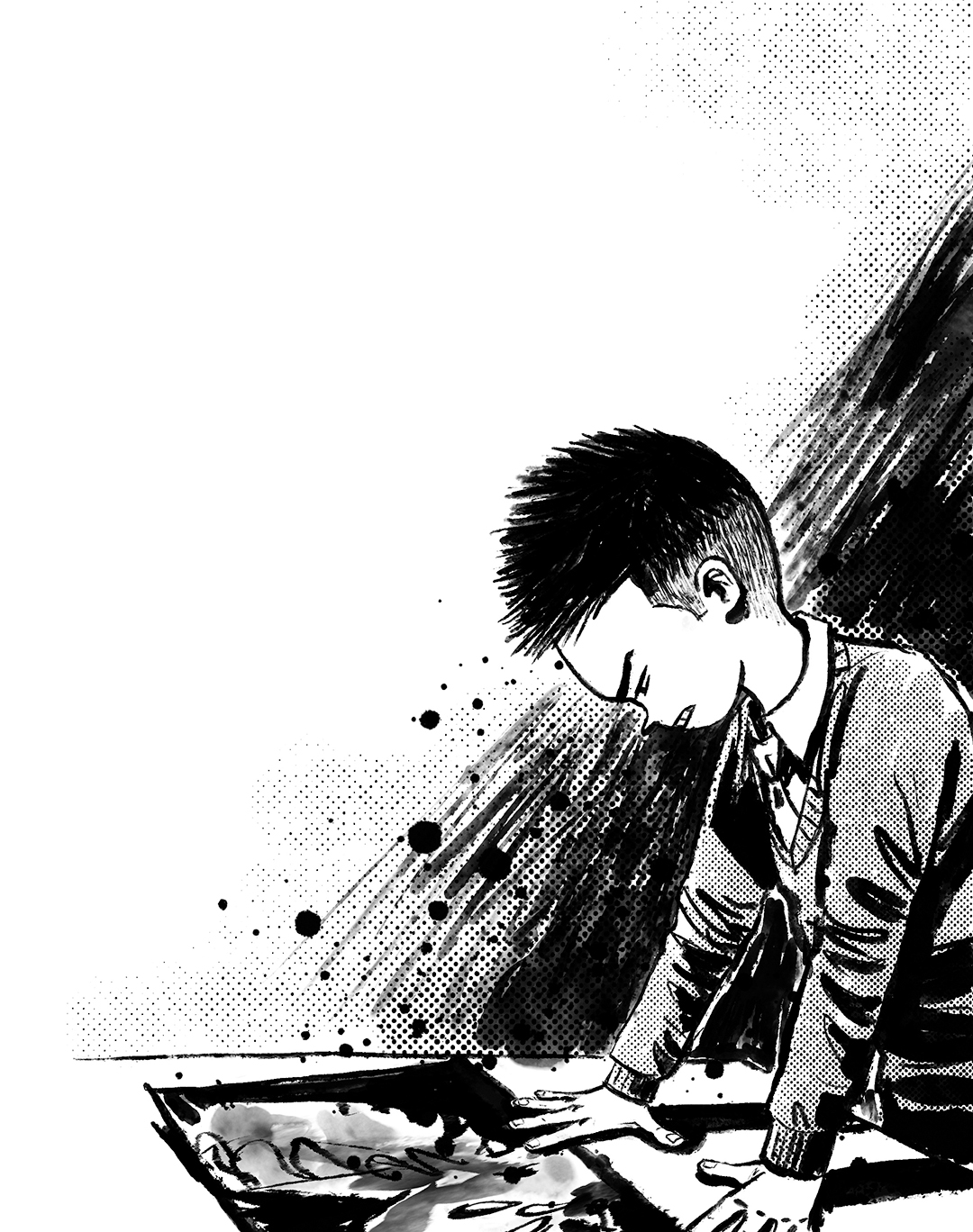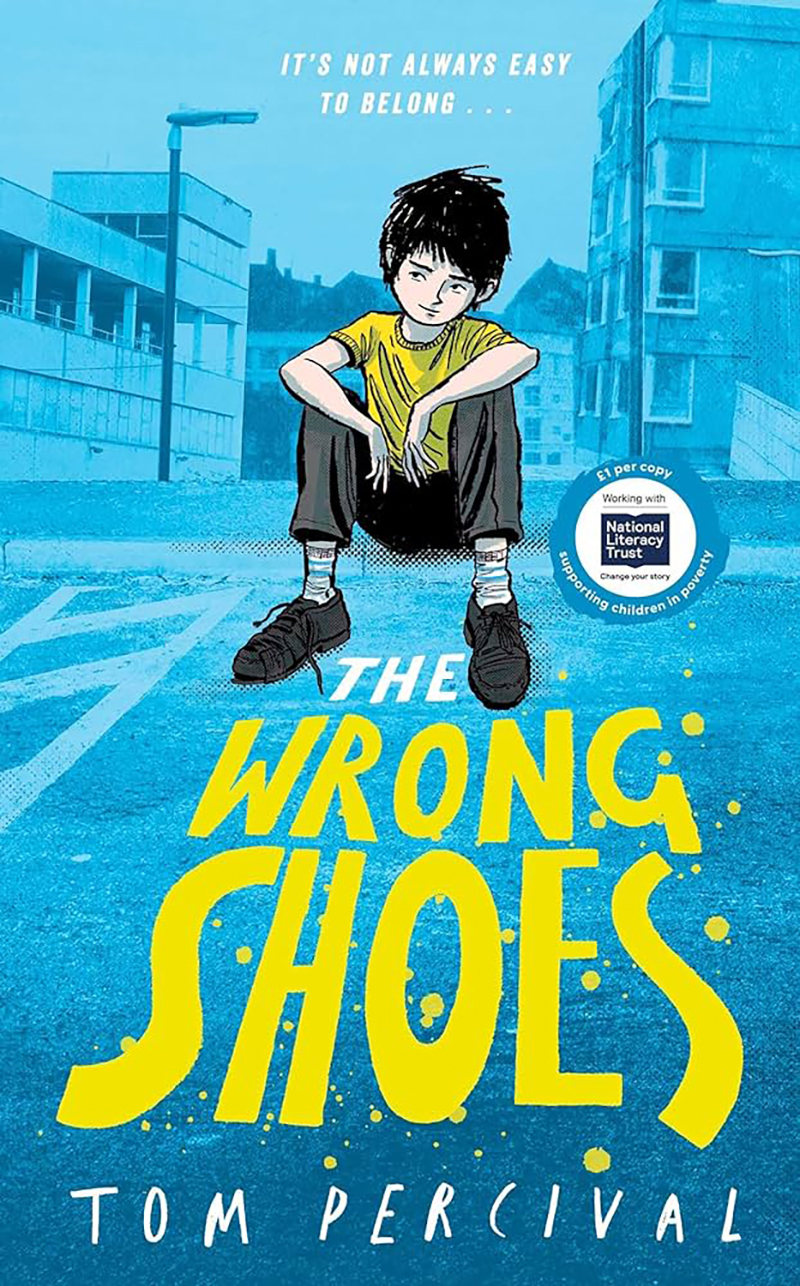The Wrong Shoes is my first full-length novel for children (ages 8+) and explores the crushing challenges facing children living in poverty today. The story is narrated by the main character, 12-year-old Will, whose father has been injured in an accident and is unable to find a job. Everything seems to be spiralling out of control for Will as his family’s debts pile up and any hope of achieving his dreams, or even just getting by seem to be fading.
According to the Child Poverty Action Group, 4.2 million children were living in poverty in the UK in 2021/2022. That’s one in three children, like Will, who struggle through no fault of their own, whose options in life will be severely limited. It’s hard to focus when you’re cold, tired and hungry. It’s difficult to build confidence when your peers have all the right clothes, experiences and shoes, and you don’t.
It’s also unlikely that you’ll become the expert footballer you might have the talent to be, or to develop your musical skills to their full potential without additional clubs or training. These things usually involve money and always involve time – two commodities struggling families are unlikely to have.
Get the latest news and insight into how the Big Issue magazine is made by signing up for the Inside Big Issue newsletter
One of the key themes of The Wrong Shoes is the idea of choice. Will is forced to make several decisions; some he makes well, others he doesn’t. I wanted to communicate that when your financial resources are limited, so are your options. Your range of choices can be affected in a more dangerous way too. When you’re desperate, the things you might choose to do to get by stretch out into areas that someone in a more comfortable position would never consider. This is where Will finds himself. Is he willing to compromise to help get his family out of trouble?

When I was young, there were times when my family didn’t have much money, so I can empathise with Will, but The Wrong Shoes is in no way autobiographical – Will is a fictional character in a very contemporary setting that’s far removed from the time I grew up. When I was young (in the 1980s and ’90s) it felt like there was more support.











